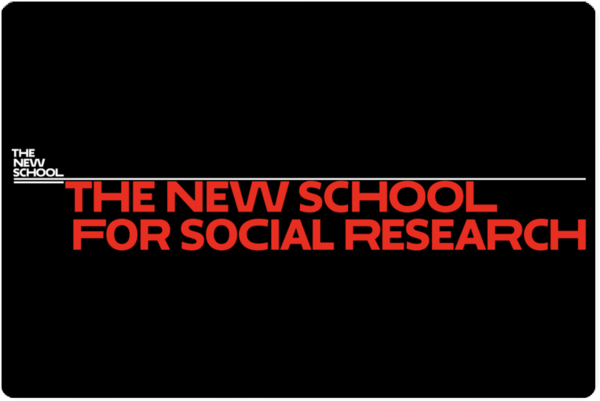
Ruha Benjamin is Associate Professor in the Department of African American Studies at Princeton University. She studies the social dimensions of science, technology, and medicine, race and citizenship, knowledge and power. She is the founder of the JUST DATA Lab, and a Faculty Associate in the Center for Information Technology Policy, Program on History of Science, Center for Health and Wellbeing, Program on Gender and Sexuality Studies, and Department of Sociology. She also serves on the Executive Committees for the Program in Global Health and Health Policy and Center for Digital Humanities.
She is the author of People’s Science: Bodies and Rights on the Stem Cell Frontier (Stanford University Press 2013), which investigates the social dimensions of stem cell science with a particular focus on the passage and implementation of a “right to research” codified in California, and Race After Technology: Abolitionist Tools for the New Jim Code (Polity 2019), which examines the relationship between machine bias and systemic racism, analyzing specific cases of “discriminatory design” and offering tools for a socially-conscious approach to tech development. She has also edited a volume titled Captivating Technology: Race, Carceral Technoscience, and Liberatory Imagination in Everyday Life (Duke University Press 2019), which brings together an incredible set of scholars to explore the interplay between innovation and containment across a wide array of social arenas, past and present. Finally, her next book project is tentatively titled The Emperor’s New Genes: Borders, Belonging, and Bioethics Beyond the Genome. It is a multi-sited investigation of how human population genomics reflects, reinforces, and sometimes challenges sociopolitical distinctions such as race, caste, and citizenship, focusing on initiatives in the US, South Africa, and India.
Taken together, this body of work addresses debates about how science and technology shape the social world and how people can, should, and do engage technoscience, grappling all the while with the fact that what may bring health and longevity to some may threaten the dignity and rights of others.
